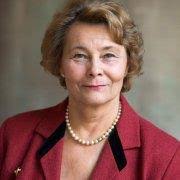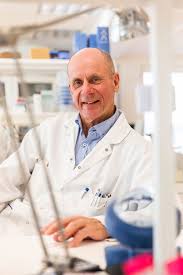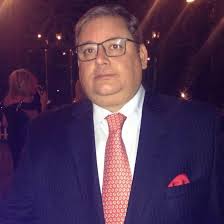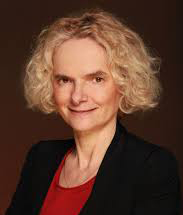- September 23

- 13:30-14:00
- Science and sustainable development goals (SDGs) and EDIT
- Danuta Wasserman
- Sweden
- September 24

- 10:45-11:15
- Mental Health: An economic case
- Lade Smith
- UK

- 11:15-11:45
- From the Arctic mutation to a treatment for Alzheimer’s Disease
- Lars Lannfelt
- Sweden

- 14:45-15:45
- Long-term well-being and its underlying economics
- Micael Dahlen
- Sweden
- September 25

- 10:45-11:45
- Opportunities and challenges for psychiatry in the African continent
- Tarek Okasha
- Egypt

- 14:45-15:45
- The role of psychiatrists in responding to humanitarian emergencies
- Gregory Keane
- Australia
- September 26

- 10:45-11:45
- Addiction science as a window into brain function
- Nora Volkow
- USA

- 13:30-14:30
- Motherhood with ADHD: the big challenge of raising children
- Carolina Herrera-Ortiz
- Mexico